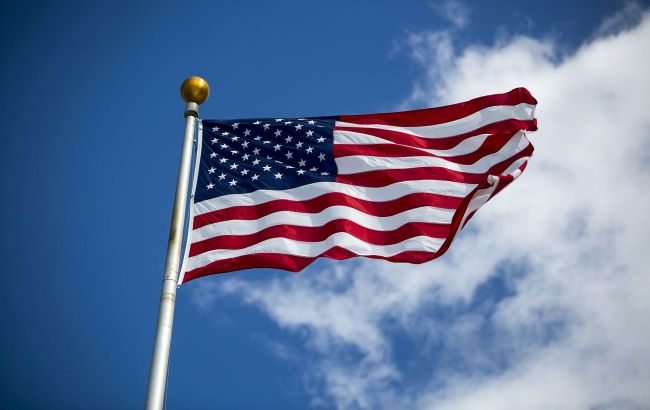U.S. unveils new strategy for aid to Ukraine: Details
 Photo: The U.S. is working on a new strategy to help Ukraine, but there is a nuance (Getty Images)
Photo: The U.S. is working on a new strategy to help Ukraine, but there is a nuance (Getty Images)
The administration of U.S. President Joe Biden is working on a long-term strategy to support Kyiv, shifting the focus away from de-occupation of territories and concentrating on aiding Ukraine in repelling new Russian advances, particularly by strengthening Ukraine's Armed Forces and economy, reports The Washington Post.
The plan sharply differs from last year when the United States and allies sent trainers and modern equipment, hoping it would help quickly push back Russian forces.
Currently, the idea is for Ukraine to maintain its positions on the battlefield but become significantly stronger by the end of 2024.
The U.S. plans are part of multilateral efforts by almost three dozen countries supporting Ukraine, promising long-term security and economic assistance. This is in light of both necessity and the "disappointing results of last year’s counteroffensive and the conviction that a similar effort this year would likely bring the same outcome, and as a demonstration of enduring resolve to Russian President Vladimir Putin."
Each side is preparing a document outlining its specific commitments for the next decade. As an example, WP pointed to the agreement between the UK and Ukraine, which includes contributions to "maritime security, airspace, anti-air defense, artillery, and armored vehicles," as well as fiscal support and access to its financial sector. The next agreement is also expected to be signed with French President Emmanuel Macron.
"This spring the administration hopes to release its own 10-year commitment, now being compiled by the State Department with the blessing of the White House — assuming that President Biden’s $61 billion request for supplemental Ukraine funding is approved by a recalcitrant Congress," the publication says.
What the document will guarantee
As American officials have revealed, the document will guarantee:
- Support for short-term military operations;
- Development of future Ukrainian Armed Forces capable of deterring Russian aggression;
- Concrete commitments and programs to help protect, rebuild, and expand Ukraine's industrial and export base;
- Promises that will facilitate political reforms necessary for full integration into Western institutions.
In particular, it is expected that the assistance will remain prospective even if Donald Trump wins his reelection campaign for a second term.
At the same time, it is noted that the strategy will not be limited to "building defensive trenches" alone.
The West hopes that in 2024, Ukraine will not lose territories, and Kyiv will focus on tactics in which its forces have recently achieved greater success:
- Long-range shelling, including with French cruise missiles;
- Deterrence of the Russian Black Sea Fleet to protect maritime transit from Ukrainian ports;
- Engagement of Russian forces in Crimea through missile strikes and sabotage special operations.
Negotiations with Russia
American policymakers ultimately anticipate negotiations between Ukraine and Russia but do not expect Putin to be inclined towards dialogue this year, as he counts on Trump's victory in the upcoming presidential elections and a reduction in aid to Ukraine.
"Trump, who has long touted a special relationship with Putin, said months ago that if he is returned to the White House, he “will have that war settled in one day, 24 hours.” Zelenskyy, in last week’s television interview, called that claim “very dangerous” and invited Trump to Kyiv to share whatever plan he might have," the WP adds.
Question regarding U.S. financial aid for Ukraine
In October 2023, U.S. President Joe Biden submitted a $106 billion bill to Congress for aid to Israel, Ukraine, and allies in the Asia-Pacific region. Of this amount, $61.3 billion was proposed for Ukraine, and $14.3 billion for Israel.
However, in December, the Senate blocked the start of debates on this aid package. The reason was the Republicans' demand to include a more stringent set of measures to protect the southern border of the United States with Mexico in the bill.
According to The Guardian, Congress has agreed on the text of an agreement regarding the U.S.-Mexico border, the approval of which will determine the resumption of military aid funding for Ukraine. The document's text is expected to be released in the coming days.

